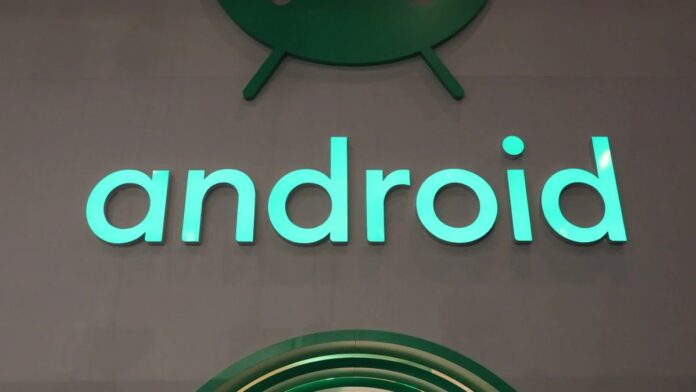For years, Google has navigated a fragmented desktop strategy, with Android dominating mobile but lacking a strong presence on traditional PCs. Now, the company is moving to combine the strengths of both Android and ChromeOS into a single unified platform, internally codenamed “Aluminium OS.” This shift represents a major strategic adjustment, aiming to create a seamless experience across all devices, from laptops to tablets and beyond.
The Convergence of Two Worlds
The merger was publicly revealed in September at Qualcomm’s Snapdragon Summit, though rumors of this integration had circulated for over a year. Google’s intention is to leverage the ubiquity of Android, combined with the efficiency of ChromeOS, to finally compete directly in the PC market. The partnership with Qualcomm signals a focus on the latest advancements in AI and mobile computing power.
What is Aluminium OS?
“Aluminium OS” is the current internal designation for this unified platform. Evidence emerged from a leaked Google job listing for a Senior Product Manager role, captured by Archive.today before the posting was removed. The listing explicitly states the development of a “new Aluminium, Android-based, operating system” with Artificial Intelligence (AI) at its core.
This platform isn’t limited to laptops. Google’s roadmap includes support for detachables, tablets, and even low-cost “box” devices similar to Chromebooks or compact desktop systems. This broad scope suggests Google aims to disrupt multiple segments of the PC market, not just high-end laptops.
Why This Matters
The move to unify Android and ChromeOS is significant because it eliminates a long-standing weakness in Google’s product ecosystem. For too long, Android on PC has been an afterthought, while ChromeOS has remained largely confined to educational and budget markets. By integrating the two, Google can offer a more cohesive and powerful computing experience, potentially challenging Windows and macOS dominance.
The inclusion of AI as a central element of Aluminium OS further underscores the company’s commitment to leveraging its machine learning capabilities across all platforms. This could mean smarter features, improved performance, and a more personalized user experience.
Unanswered Questions
Despite the momentum, many key details remain unknown. The future of ChromeOS itself is unclear; will it be phased out entirely, or will it coexist with Aluminium OS? The integration of Gemini AI features into Android on PC remains undisclosed, as does the timeline for a public release. Whether existing Chromebooks will receive an upgrade is also uncertain.
For now, the clearest takeaway is that Google is serious about expanding its Android footprint into the PC space, with AI-powered features and a broader device strategy than previously seen.




































































